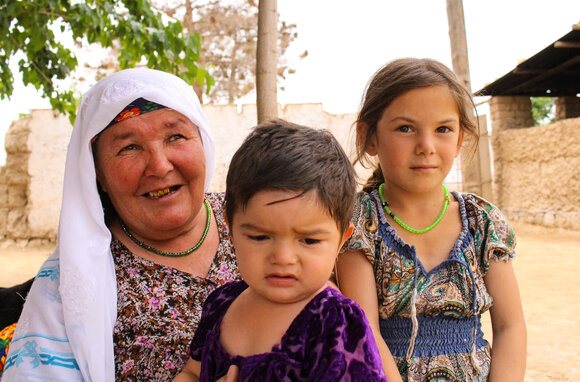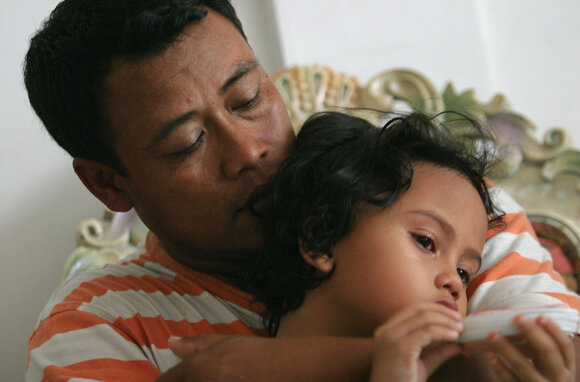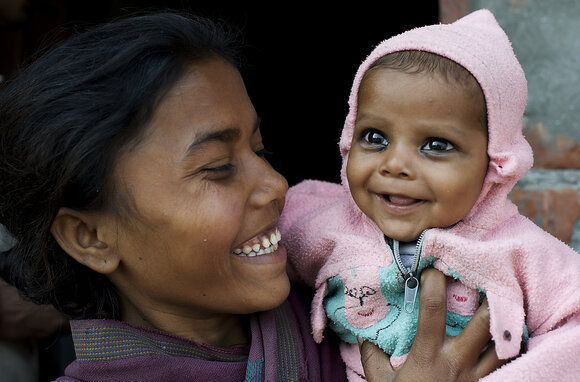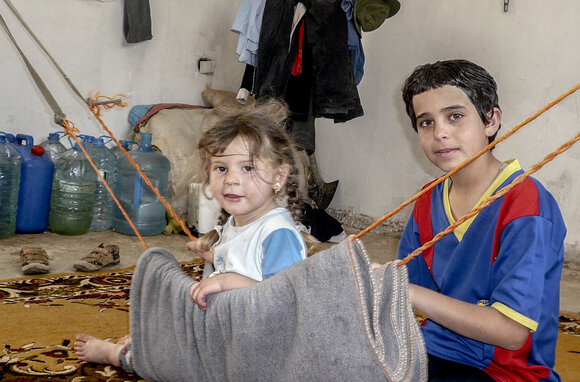
This page contains documents and other resources related to children's care in Asia. Browse resources by region, country, or category.
This page contains documents and other resources related to children's care in Asia. Browse resources by region, country, or category.




Displaying 91 - 100 of 1814
In China, the figure for left-behind children (LBC) of migrants stood at 68. 77 million in 2015. Despite being seen as a whole in the last few decades, LBC today differ broadly in parental migrating status. This study focused on LBC with both parents migrating (BLBC), LBC with only mothers migrating (MLBC), LBC with only fathers migrating (FLBC), and previous LBC with one or both parents migrating (PLBC), separately. The authors explored the extent to which LBC were being affected by each migrant parent on both mental health and risk behaviors.
This study analyzes the influence of school, family and society on the psychological development of left-behind children in China from the perspective of the factors that affect their psychological problems.
This study investigates how experiences and practices of transnational care arrangements are negotiated from the perspective of the nonparental carers. It specifically aims to understand its dynamics and patterns in shaping care relationships, normative familial values and the hope to reconstitute the family amidst migration-induced care.
India's federal government will provide educational scholarships, mental health counselling and health insurance to children who have been orphaned by the coronavirus pandemic, Prime Minister Narendra Modi said on Monday.
This webinar presents the findings from the stage one analysis of the legal, policy and procedural frameworks of orphanage trafficking in Cambodia, Uganda, and Nepal. It also featured presentations on the situation of orphanage trafficking from in-country investigators and experts.
Orphanage trafficking involves the recruitment and/or transfer of children to residential care institutions for a purpose of exploitation and profit. It typically takes place in lower- and middle-income countries where child protection services systems are highly privatized, under-regulated, and primarily funded by overseas sources. Orphanage trafficking crimes are poorly understood, often go undetected and are rarely prosecuted- even in countries where its occurrence has been well documented.
This briefing paper draws on data and findings from the Insights into the World of Privatized Faith-Based Residential Care Facilities in Myanmar research report.
This briefing paper draws on data and findings from the Insights into the World of Privatized Faith-Based Residential Care Facilities in Myanmar research report.
South Korea experienced international scrutiny over its irregular intercountry adoption practices in the 1980s. However, it eventually came to be viewed as a model of transparent and efficient adoptions. This façade disguises an orphan adoption system that has become entrenched over the decades. Today, adoptees continue to lobby for their right to origins. This paper explores South Korea’s laws and policies, which nullified the rights of adoptees, and it calls for receiving countries to assume co-responsibility to restore these rights.